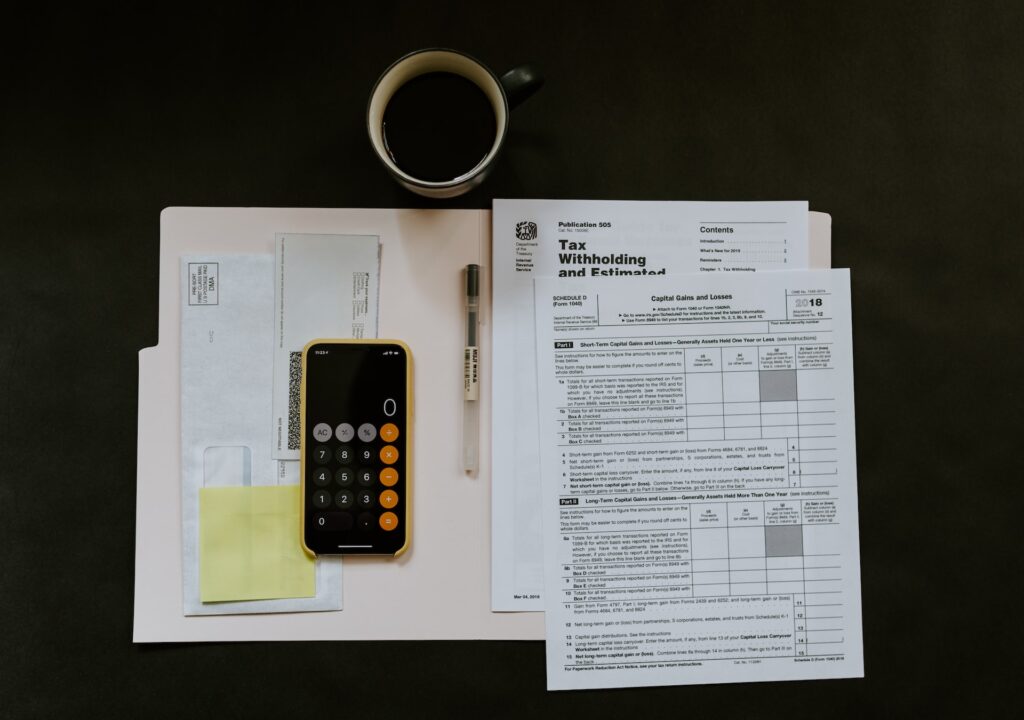Everything You Need to Know About Inheritance Tax in Australia
When planning your estate, it becomes crucial to consider the tax implications of your assets on your beneficiaries. One of the implications is inheritance tax. What is an inheritance tax? Does Australia have an inheritance tax? In this blog, we outline everything you need to know about inheritance tax in Australia.
About Inheritance Tax
Wondering what inheritance tax is in Australia? Inheritance tax is a levy against the value of your estate, and most countries across the globe impose such taxes that require beneficiaries to pay tax on inherited assets. However, Australia (currently) does not have an inheritance tax in any of its states or territories. So are there any tax obligations for inheriting assets in Australia? Let us find out!
Examples of Tax Obligations of Inheriting Assets in Australia
While Australia technically does not have an inheritance tax, the beneficiaries of any asset inheritance may still have tax obligations if entitled to income from the inherited assets. Confused? Here are a few instances of tax obligations in inherited assets:
Capital Gains Tax- When one sells as an inherited asset and makes a profit, they pay capital gains tax in Australia.
Rental Income- Apart from this, if one makes rental income from shares or property, they pay Income tax.
Income from Estate- You can earn from an inherited estate until the executor finalises it and would need to include it in your tax return.
Moreover, if you have super, the beneficiary entitled to the super death benefit might also need to pay tax on the income earned. However, this depends on whether the beneficiary is dependent, paid the amount in a lump sum or if the super is tax-free.
What are the Tax Obligations When Inheriting Assets Under a Will?
If you are inheriting assets under a will, the following are the tax obligations you may have to pay:
Income Tax:
- Rent and derived dividends from inherited assets form part of your accessible income and are subject to income tax rules.
Capital Gain Tax
- CGT may apply if you sell an asset inherited from a deceased estate.
- To work out CGT, you must know the cost of the asset base.
What is Super Death Benefit?
Did you know that after one passes away, the person you nominate to receive your Super Death Benefit will get the proceeds of your super fund? Moreover, the super fund beneficiary may need to pay taxes on those funds. However, the tax obligations depend on the following:
- If the beneficiary is a dependent, taxes do not apply.
- How was the benefit paid? Whether in a lump sum or an income stream?
- If the super is taxable, tax obligations apply; do not otherwise.
- What are the ages of the beneficiary and the deceased when they passed away?
Tax Amount Paid on Inheritance in Australia
The tax amount you pay on an inherited asset depends on whether it contributes to your income. If it does, then two factors determine the tax amount:
- The money you make from the asset
- The time passed after the inheritance
For the first three years, the tax of the income is the same rate that you pay at income tax during that time. After that, the inheritance also receives a tax-free threshold, similar to individual income tax rates. Then, additional tax rates apply after three years.
When to expect your inheritance?
If you are a beneficiary, you can expect to receive the inheritance within 12 months after the demise of the testator. During these 12 months, executors can finalise an estate within. However, receiving the inheritance may take longer when the estate administration is complex or if someone makes legal claims.
Inheritance Receiving Process
The executor of a Will administers a deceased estate. The process involves:
- Collection of all property and assets of the deceased
- Paying off all debts, including the estate’s tax liabilities
- Asset distribution per the Will
After the executor distributes the net estate to the beneficiaries per the Will, the estate is processed. The executor is responsible for any tax on the net income of the estate before they administer the estate fully unless beneficiaries are presently entitled.
Tax Amount Paid on Inherited Superannuation
A death benefit fund (superannuation of a deceased person) goes to either:
- Their nominated beneficiary(s)
- Their estate’s legal representative
- The executor where there is a Will
- The administrator, in case there is no Will
Key Takeaways
While there is no inheritance tax in Australia, there may be tax implications for an inherited estate when it earns income before complete administration. Any tax on the net income of the estate is the executor’s responsibility unless beneficiaries are presently entitled.
Once the executor administers the estate and beneficiaries receive their inheritance, personal tax liabilities may arise, for instance:
- Capital Gains Tax (CGT) in case an inherited asset is later sold or transferred.
- Income tax on income derived from inherited assets (rent or dividends) per income tax rules.
Executors must understand the estate’s tax liabilities and how their estate administration affects the total tax payable and the inheritance received by each beneficiary. Apart from this, beneficiaries must be aware of the financial consequences of asset inheritance under a Will and the potential tax obligations that arise. If you wish to learn more about tax administration and the probate act, contact Probate consultant experts to clear your queries today!
